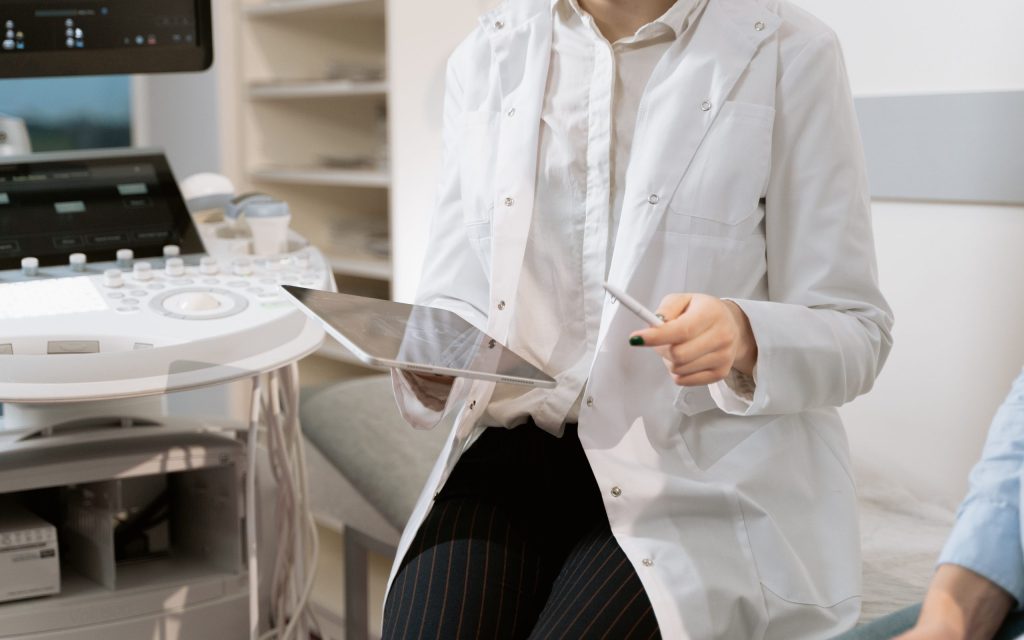Non-Invasive Prenatal Testing (NIPT) is a screening test that examines small fragments of DNA which are released from the placenta. This DNA is isolated from the mother’s blood and can be tested to determine if there is a chance that your baby is affected by Down’s, Edwards’ or Patau’s Syndromes.

People choose to have further tests, or they don’t, for lots of different reasons. Your midwife will respect your choices and will always keep your choices private. It is common to have lots of questions about NIPT, so we have answered some of the most frequently asked questions below:
What does NIPT detect?
The NIPT test is a targeted test which will identify if your baby has a chance of being affected by Trisomy 21 (Down’s Syndrome), Trisomy 18 (Edwards’ Sydnrome) and Trisomy 13 (Patau’s Syndrome).
Is it safe?
NIPT is completely safe and will not harm you or your baby.
Should I have it?
If you prefer not to go straight into having a diagnostic test, your NIPT result may help you to decide whether to have one or not. It can also help you prepare for the arrival of a baby who may need additional care and support.
Do I have to have it?
No – it’s completely up to you whether you choose to have a screening test. It’s a personal choice that only you can make. You can, of course, discuss any screening tests you’re offered with your midwife or doctor and decide whether or not it’s right for you.
Who can have it?
The NIPT test is available from 10 weeks of pregnancy and is suitable for both single and twin pregnancies. It is also suitable for IVF pregnancies (including donor egg pregnancies), and for surrogate pregnancies.
Who can’t have it?
The NIPT test is not suitable if you have cancer or chromosomal abnormalities including Trisomy 13, 18 and 21. It cannot be performed in multiple pregnancies greater than twins.
NIPT also cannot be performed if you have had an organ transplant or received stem cell therapy or immunotherapy within the last 12 months; or if you have had a blood transfusion with the last 3 months
What result could I get?
There are 3 possible outcomes from your NIPT.
- Low-chance result
- High-chance result
- No result
Most women who have NIPT will receive a low-chance result. This means it’s unlikely your baby has Down’s syndrome, Edwards’ syndrome or Patau’s syndrome. If you get this result, you’ll not be offered any further tests for these conditions.
If you get a high-chance NIPT result, it doesn’t mean your baby definitely has Down’s syndrome, Edwards’ syndrome or Patau’s syndrome, but it’s very likely. You’ll be offered diagnostic testing which can tell you for definite. Whatever you choose, healthcare professionals will give you information and support.
NIPT can sometimes give no result if there’s not enough DNA in the blood sample, or if there’s been a technical issue with the testing. If you don’t get a result you can choose to either have a repeat NIPT, go straight to diagnostic testing, or have no further tests.
We are now offering the NIPT test in a number of our clinics across the UK. Please visit our website for more information on which clinics are offering it and how to book your appointment with us.
Follow the links below for more information on NIPT:
